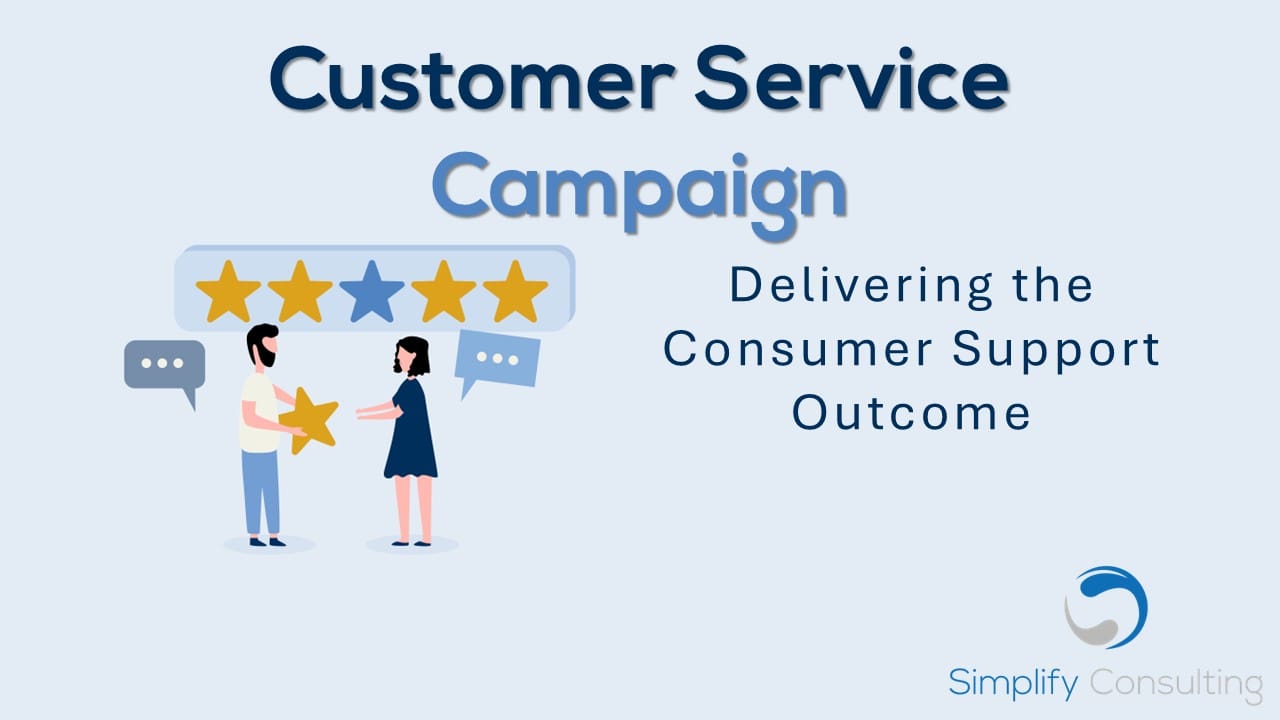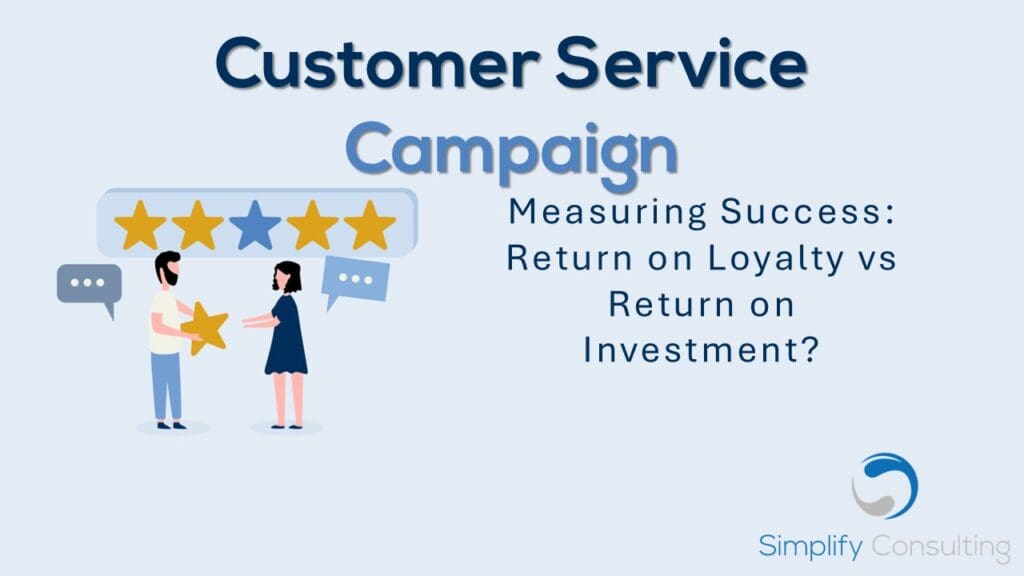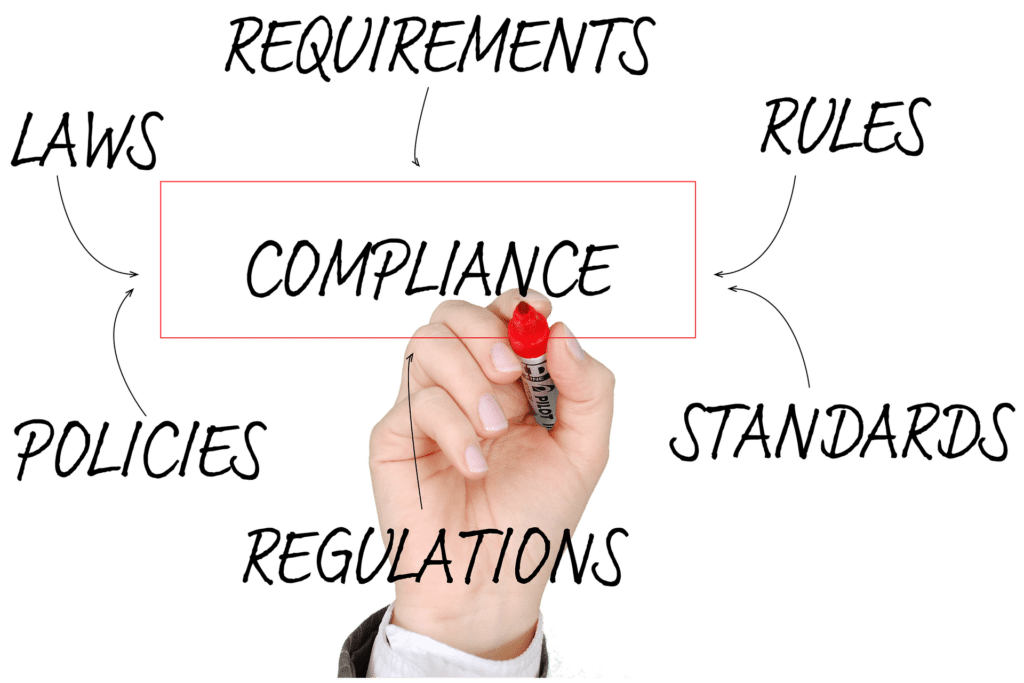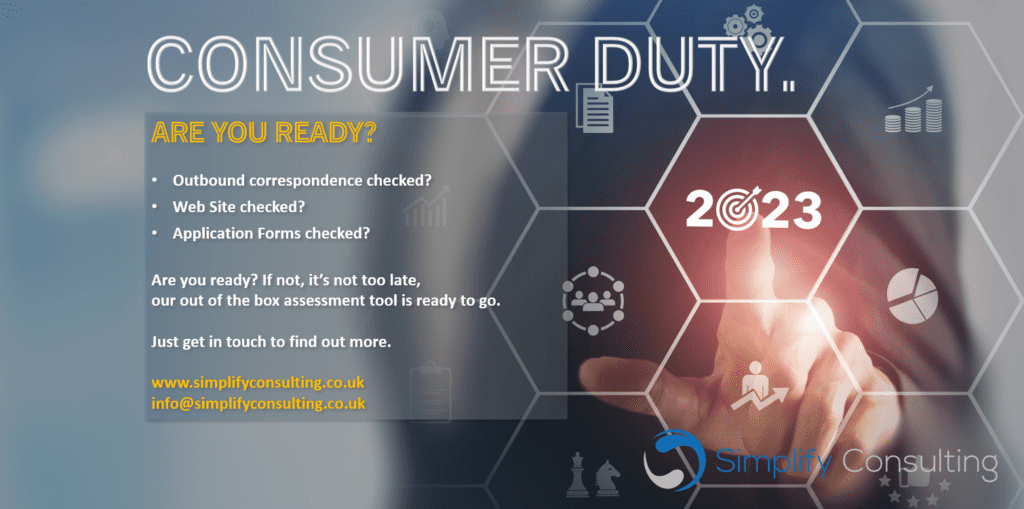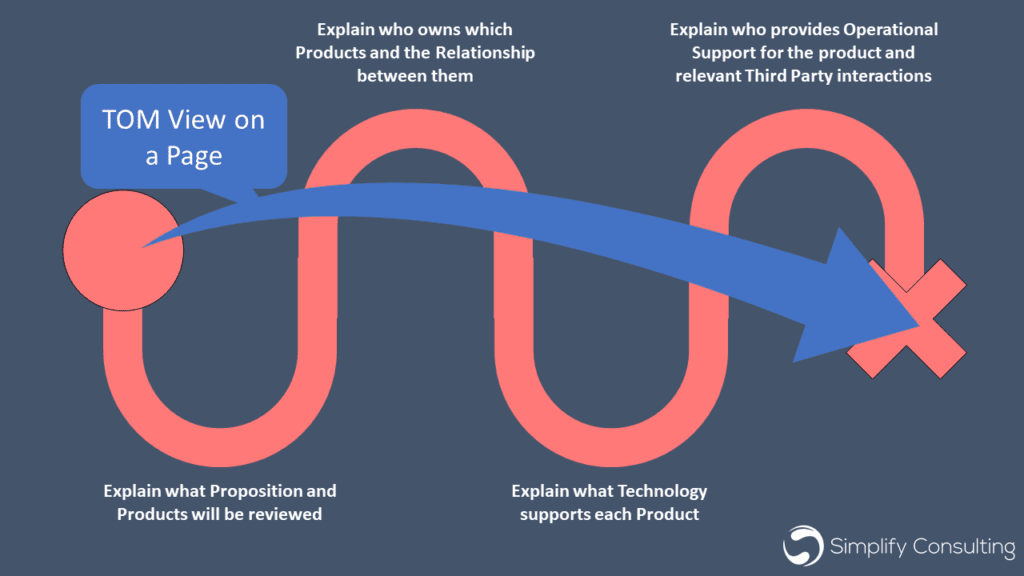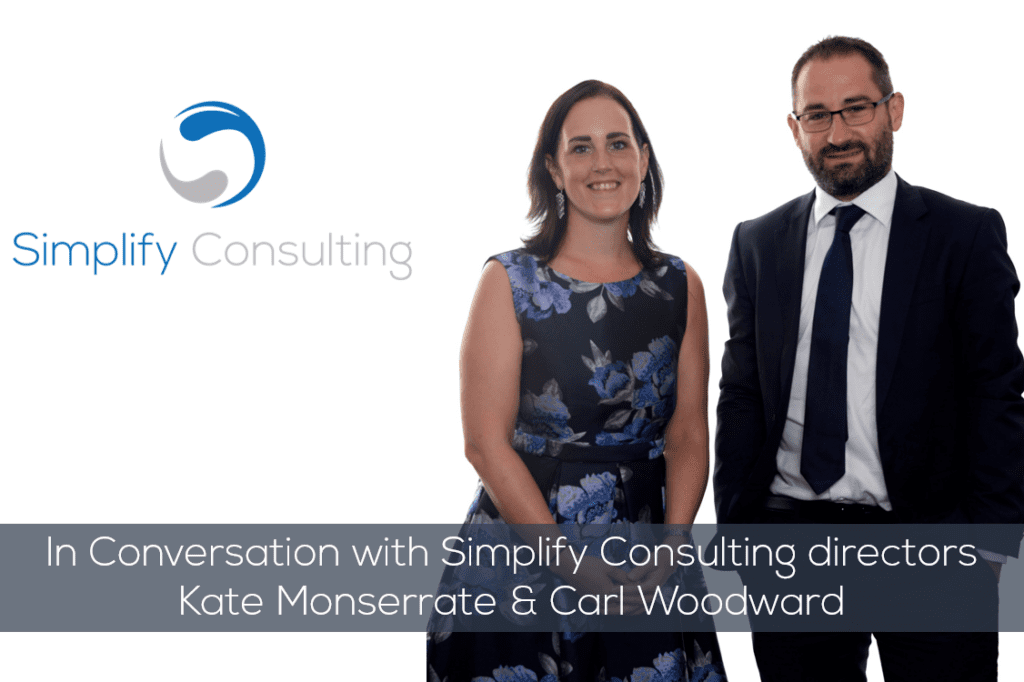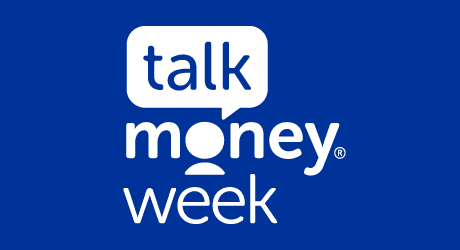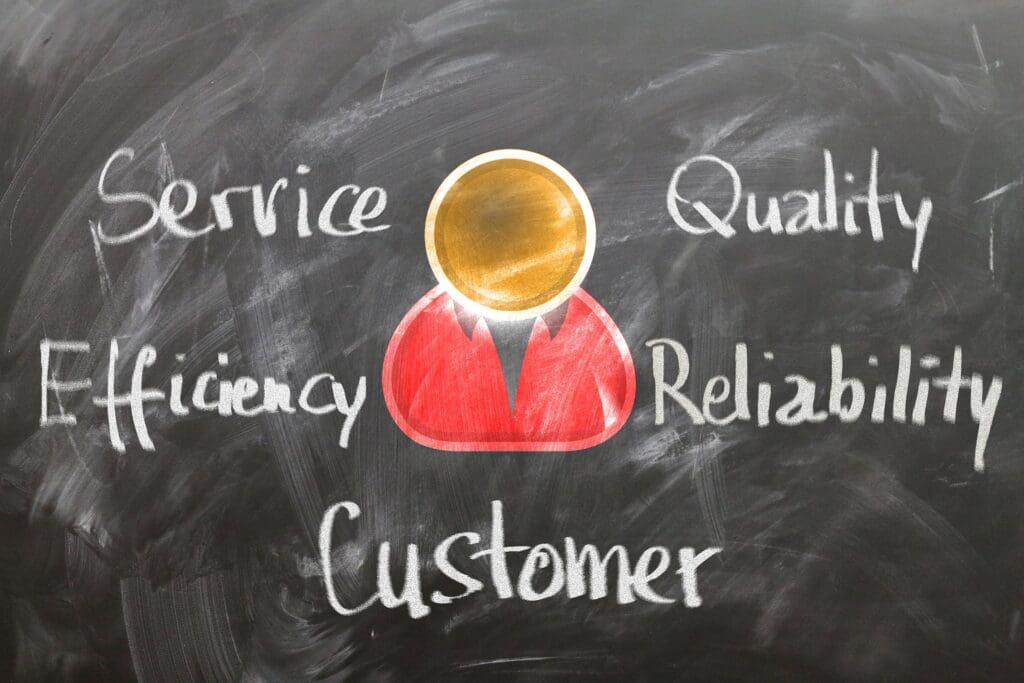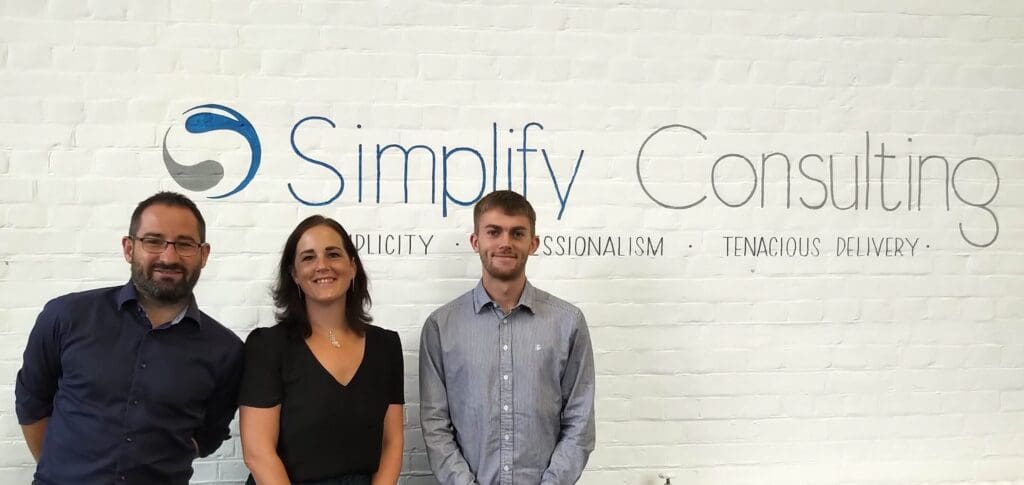One of the most striking elements of the Consumer Duty is that for the first time firms have been mandated in effect to deliver good customer service via the Consumer Support Outcome. Prior to Consumer Duty, there were general principles including Treating Customers Fairly (TCF), alongside specific rules on certain aspects detailed in COBS, COLL, CASS and others, but no general principle covering the service that customers receive.
Whilst the FCA’s attention has been in other areas, most notably Price and Value (double dipping, exit fees etc), it’s only right that in time, attention will turn to Consumer Support. Complaints relating to customer service continue to dominate other areas in terms of volume, and there is a continued frustration from financial advisers of the services being offered by platforms and other product providers.
So what are the key areas that firms need to consider when they look at customer support, and have changes that have been made in the industry going to provide a rosier picture as they bed in?
Transfers:
It’s easy to sound like a broken record when it comes to transfers, but time and time again, when we look at where complaints come from, and where advisers spent an inordinate amount of time, the answer comes back as transfers. Why transfers? It’s a combination of factors, the time taken first and foremost, but aligned to this, expectation management and communication go hand in hand. Some things can be done to decrease timescales by improving delivery of the key stages of the transfer, or ensuring the customer and / or the adviser get updates periodically about progress. But the reality is that this is just tinkering around the edges.
If ever there was a need for a new approach to tackling a problem, then transfers is surely it. Consumer Duty is changing the mindset at firms – with senior leaders becoming much more involved in the key areas where consumers are being let down, and are challenging the status quo.
Channels & Availability:
Although considerably late to the party, Wealth Management has gone through most of the pain of joining the digital world (even if there are some notable areas where laggards remain). However, having delivered, the question is being asked, perhaps too late, has this actually delivered a better experience for customers? We can see that customer satisfaction scores and other metrics, such as complaints, have not significantly improved, what’s the reason? To a certain extent this is down to customer expectations, whilst Wealth Management may have generally delivered digital services, they have delivered them 10 years behind other industries, and as a result, the consumer has moved on by the time anything gets delivered – especially considering the time taken to deliver anything within wealth. Wealth Management is offering the consumer what they had in other areas of financial services, or online retail in 2014 – they aren’t usually going to be satisfied with this.
The other large area to point to here is that digital hasn’t meant that customers have more access and more information. They may have one or the other, but in general, firms have not created a better experience for customers. For many, being able to talk to a human is still vital, but has been put behind more barriers, such as chatbots. Barriers have also been put in the way of people who want to access digital, but may have specific queries before they take an action, or aren’t able to instruct due to limitations in the digital experience.
Consumer Support (and by extension considerations of Vulnerability) demands that firms take another look at this. There are some areas where firms are taking a lead, for example on customer journeys, understanding how channels can join together to provide a better experience, rather than a worse one. Equally, gathering more information using behavioural analysis techniques can understand how the digital experience can be enhanced. Is there a point in the process where users take longer to decide, or drop out? If so then how can that part of the process be enhanced to provide better information, or make the experience more user-friendly?
And furthermore, how do firms create a more available service, where customers are able to find the support they need, at the time that they need it, in the method that they choose. Wealth needs to recognise that the world is, and has changed. The way consumers access services is rapidly evolving, and firms need to be pro-active in adapting to this, rather than being stuck behind, solving yesterday’s problem.
Service Delivery
We know that customers aren’t willing to accept things like delays, errors and lack of customer service anymore. Too few firms within Wealth Management have woken up to this fact. And the problem is going to get bigger as new digital native customers start to accumulate savings and pensions, and become more active in their investments. The idea of a 6-month transfer, or of updating details in a digital journey that isn’t then automatically updated in the background updated is completely alien to the majority of the population now. Waking up to this fact is taking longer than anyone would have thought. Consumer Duty has mandated firms to look at their service delivery, but the reality is that many aren’t using it as an opportunity to really challenge what they define as good levels of service delivery. KPIs, SLAs and other metrics are still stuck in an old, pre-digital age of what passed for ‘good’. Those that do this risk being left behind, losing customers to new entrants, and potentially to other sectors within financial services (not always to the customers’ benefit).
Whilst we expect the FCA attention to be on some specific areas of Consumer Support that is not achieving the levels expected (such as transfers), the impact of that attention is likely to be a wider cultural shift on what is expected from the delivery of services within Wealth Management. Whilst initial Consumer Duty implementation may well have focussed on getting the metrics correct, the next step should then be on, understanding how and where these metrics need to be improved for the benefit of customers.
As the dust settles on the first year of Consumer Duty, firms need to be ready for the next phase, which has already begun in terms of the FCA enforcement of the rules in regards to Price and Value. The next phase may provide a greater focus on Consumer Support and what is required to deliver good outcomes in this space.

Dom House
Lead Consultant
